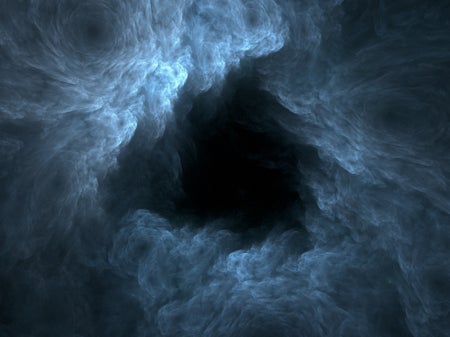
The Dawn of ‘Dark Ages’ Astronomy
The universe’s light-starved early epochs, as well as the first stars and galaxies, lie beyond the reach of conventional observatories but could be revealed by a new generation of radio telescope arrays
Avi Loeb is the head of the Galileo Project, director of the Institute for Theory and Computation at the Center for Astrophysics | Harvard & Smithsonian, founding director of Harvard University’s Black Hole Initiative, and the former chair of the Harvard astronomy department (2011-2020). He is a former member of the President’s Council of Advisors on Science and Technology and a former chair of the Board on Physics and Astronomy of the National Academies. He has published more than a thousand peer-reviewed papers and is the bestselling author of Extraterrestrial and Interstellar and a co-author of the textbooks Life in the Cosmos and The First Galaxies in the Universe.

The Dawn of ‘Dark Ages’ Astronomy
The universe’s light-starved early epochs, as well as the first stars and galaxies, lie beyond the reach of conventional observatories but could be revealed by a new generation of radio telescope arrays
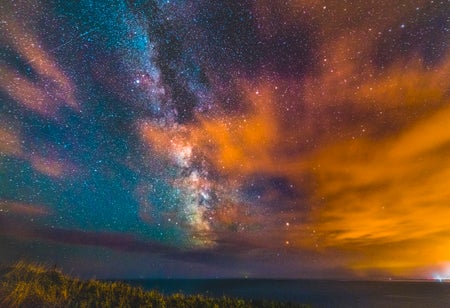
When Did Life Start in the Universe?
Interstellar xenia, or the welcoming of cosmic strangers, could solve this mystery
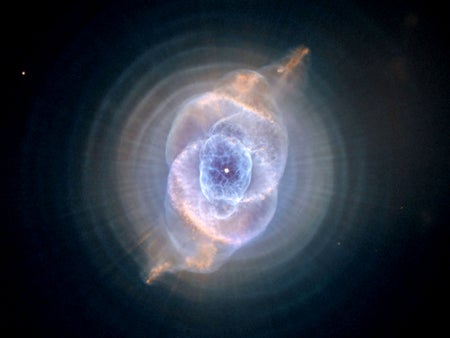
Was Our Universe Created in a Laboratory?
Developing quantum-gravity technologies may elevate us to a “class A” civilization, capable of creating a baby universe

Microbes, Natural Intelligence and Artificial Intelligence
Humanity’s greatest achievement might be building our successors
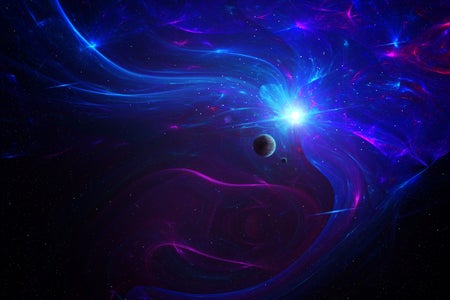
How to Search for Life as We Don’t Know It
Much of astrobiology is focused on looking for organisms with chemistry similar to ours—but there could well be other kinds
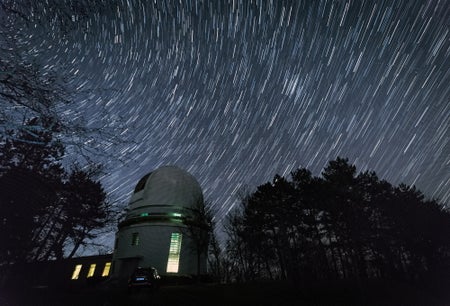
Astronomers Should Be Willing to Look Closer at Weird Objects in the Sky
The Galileo Project seeks to train telescopes on unidentified aerial phenomena

Note to Branson and Bezos: Extraterrestrials Will Not Be Impressed
If they exist, they’ll find our puny forays into space completely insignificant

Looking for Interstellar Monuments
An ancient civilization from a distant star could have created immortal machines to roam the Milky Way and keep its legacy alive
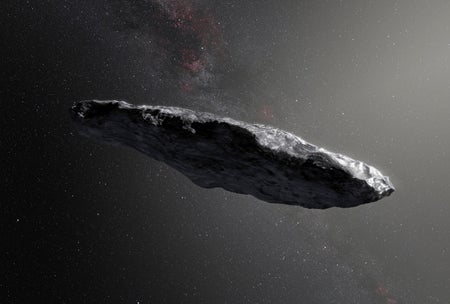
To Look or Not to Look? That Is the Question
The search for technological relics of extraterrestrial civilizations will inspire the public and attract talent to the field of astronomy
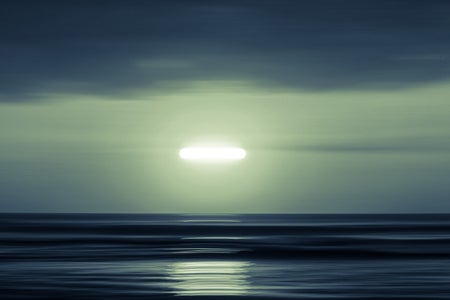
When Will We Hear from Extraterrestrials?
Project Galileo could make that happen sooner rather than later
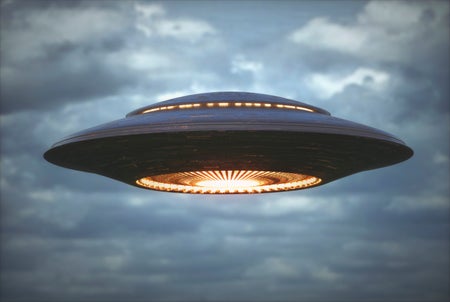
To Understand UAP, We Need Megapixel Imagery
If any of them represent advanced technology, high-resolution photographs might tell us whether they’re metaphorically labeled “Made in China” or “Made on Exoplanet X”
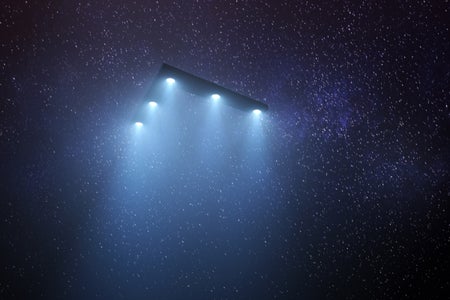
Announcing a New Plan for Solving the Mystery of Unidentified Aerial Phenomena
The newly organized Galileo Project will use a three-pronged approach to replace unreliable eyewitness reports with reproducible scientific observations
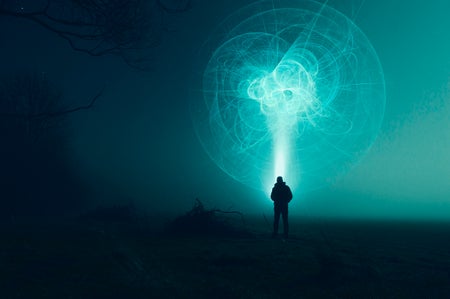
How to Tell if Extraterrestrial Visitors Are Friend or Foe
They’ll most likely be robotic and guided by AI—so we’ll need our own AI to figure them out
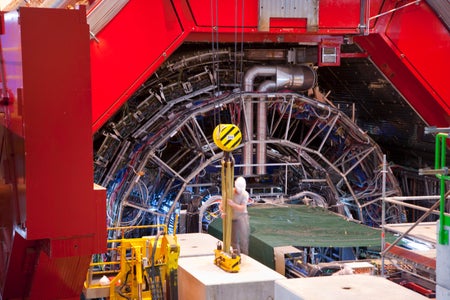
How Humanity Can Earn the Respect of Extraterrestrials
Favoring science over war would demonstrate our suitability to join a galactic club of civilizations
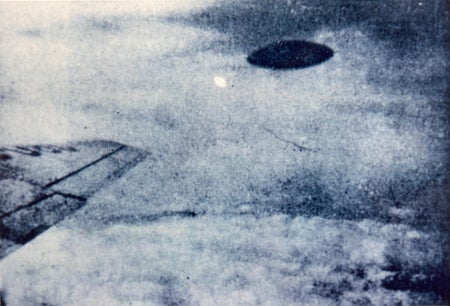
What We Can Learn from Studying UFOs
If they’re really aliens—and they’re benevolent—studying them could potentially transform the prospects for human knowledge and progress
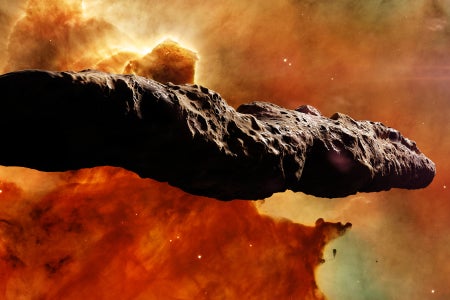
A Possible Link between ‘Oumuamua and Unidentified Aerial Phenomena
If some UAP turn out to be extraterrestrial technology, they could be dropping sensors for a subsequent craft to tune into. What if ‘Oumuamua is such a craft?
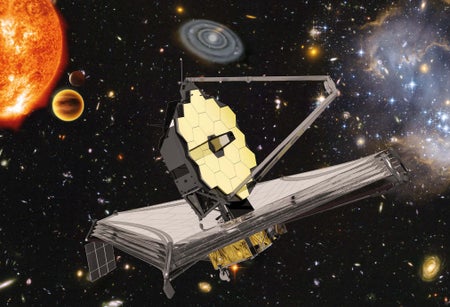
How to Detect Heat from Extraterrestrial Probes in Our Solar System
We could do it with the James Webb Space Telescope—but we'd also need to return to the unfiltered curiosity we had as teenagers
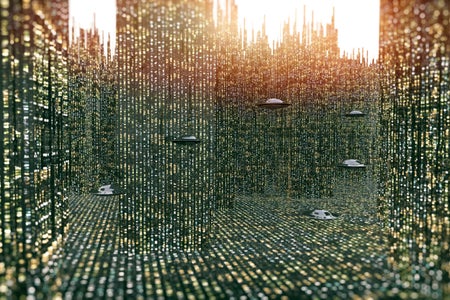
Searching for City Lights on Other Planets
There’s a detectable difference between a planet shining with reflected light and a planet glowing with its own artificial illumination

Creative Thinking in both Science and the Arts Is Not for the Faint of Heart
As Oscar Wilde famously observed: Be yourself; everyone else is already taken
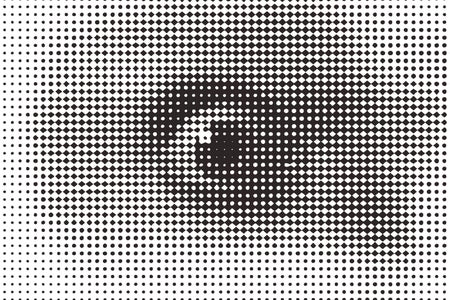
Death by Primordial Black Hole
If such an object a mere 1,000 times bigger than an atom passed through your body, the result would not be pretty

Creative Thinking in both Science and the Arts Is Not for the Faint of Heart
To put it another way, be yourself; everyone else is already taken
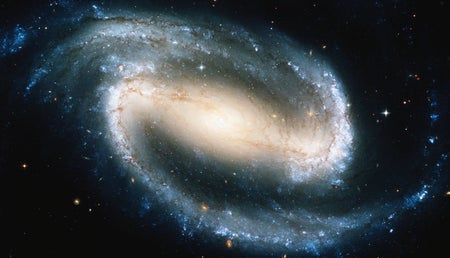
Maybe Dark Matter Is More Than One Thing
If so, it could explain some inconsistencies in our observations

How to Avoid a Cosmic Catastrophe
An interstellar treaty with other advanced civilizations could stave off death by domain wall

When Scientific Orthodoxy Resembles Religious Dogma
Those who refuse to consider an unconventional idea in science are disturbingly similar to those who refused to look through Galileo’s telescope